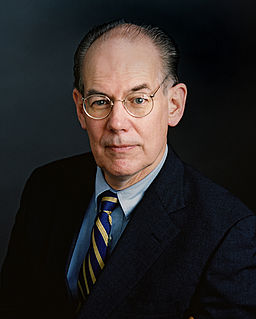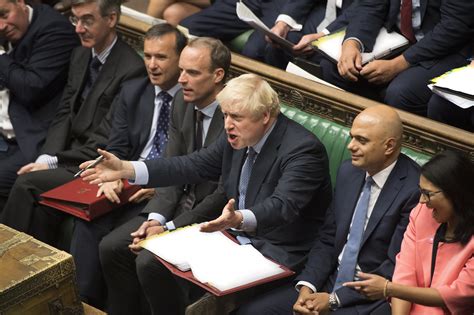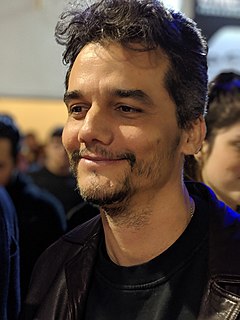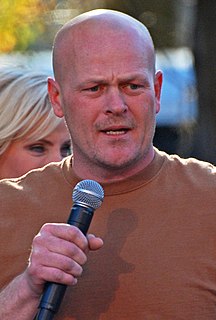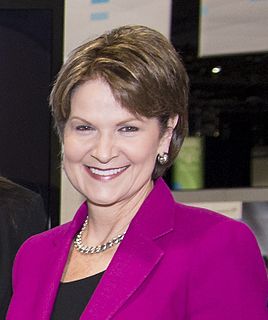A Quote by John Mearsheimer
When World War II started on September 1, 1939, the German army contained 3.74 million soldiers and 103 divisions.
Related Quotes
It seemed to me singularly ill-contrived for the British government to be going to war with Hitler when Hitler might have been about to attack the Russians, and even more ill-contrived that, when Hitler did attack the Russians, he had already defeated the French army. What I'm saying is that the war shouldn't have been started in September 1939...from the point of view of Britain, the war was really not a good thing and I would regard it as, in effect, a defeat.
Although the United States lost a quarter of a million men and women, civilians and soldiers, in World War II, that's considerably less than the Russians lost in soldiers at the Battle of Stalingrad alone. It's important to convey to countries and to people and to generations who have no experience of the 20th century as it was lived in Europe just how catastrophic it was.
I don't think my generation carries the weight of World War II anymore. But I've got to tell you, even if we don't really talk about it, we get reminded constantly by other people or other countries. I get offered a World War II movie at least once a week just because I speak German and was born there. I have always stayed away from it because I didn't want to be put into that box.
